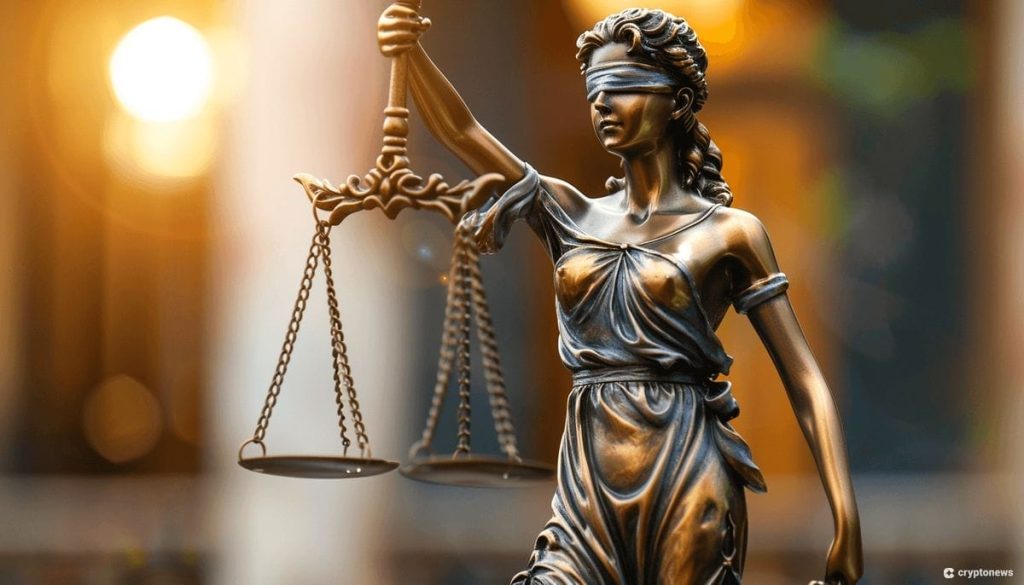In recent news, a New York District Judge denied a motion by the U.S. Securities and Exchange Commission (SEC) to weaken Tron founder Justin Sun’s defense in a case that began in March 2023. The SEC alleges that Sun and the Tron Foundation engaged in the unregistered sale of securities, manipulative trading, and illegal promotion of crypto assets, specifically Tron (TRX) and BitTorrent (BTT) tokens. Sun and his legal team moved to dismiss the lawsuit in April, arguing that the SEC lacks jurisdiction over foreign digital asset transactions conducted on global platforms. The defense argues that the SEC is overreaching by applying U.S. securities laws to predominantly foreign conduct.
Central to Sun’s defense is the claim that the tokens in question were sold outside the United States, with efforts made to exclude the U.S. market. The SEC countered by claiming that Sun’s defense introduced a new argument related to the “common enterprise” prong of the Howey test, which determines whether an asset qualifies as a security. However, Judge Ramos ruled in favor of the defense, stating that no new argument had been introduced and denying the SEC’s request to strike the argument or file additional responses. This ruling represents a setback for the SEC as it continues its case against Sun.
In April, the SEC edited its lawsuit against Sun and his crypto companies following his attempted dismissal of the litigation. The updated court filings claimed that Sun “traveled extensively to the U.S. throughout his work on behalf of the Tron Foundation, the BitTorrent Foundation, and/or Rainberry.” The SEC has been criticized for its “regulation-by-enforcement” approach to the crypto industry, with critics arguing that the agency has failed to establish a clear regulatory framework for cryptocurrencies and instead opts to pursue legal action against key industry players. A coalition of seven U.S. states has challenged the SEC’s regulation of cryptocurrency, arguing that it constitutes a “power grab” that would stifle innovation, harm the industry, and exceed the agency’s authority.
The legal battle between Justin Sun and the SEC highlights the complexities of regulating the cryptocurrency industry and determining jurisdiction over digital asset transactions conducted on global platforms. The defense’s argument against the SEC’s overreach in applying U.S. securities laws to foreign conduct raises questions about the enforcement of regulations in a rapidly evolving and global market. The outcome of this case could have significant implications for future regulatory actions by the SEC and other agencies overseeing the cryptocurrency space. It also underscores the need for a clear regulatory framework to provide guidance and certainty to market participants in the crypto industry.












